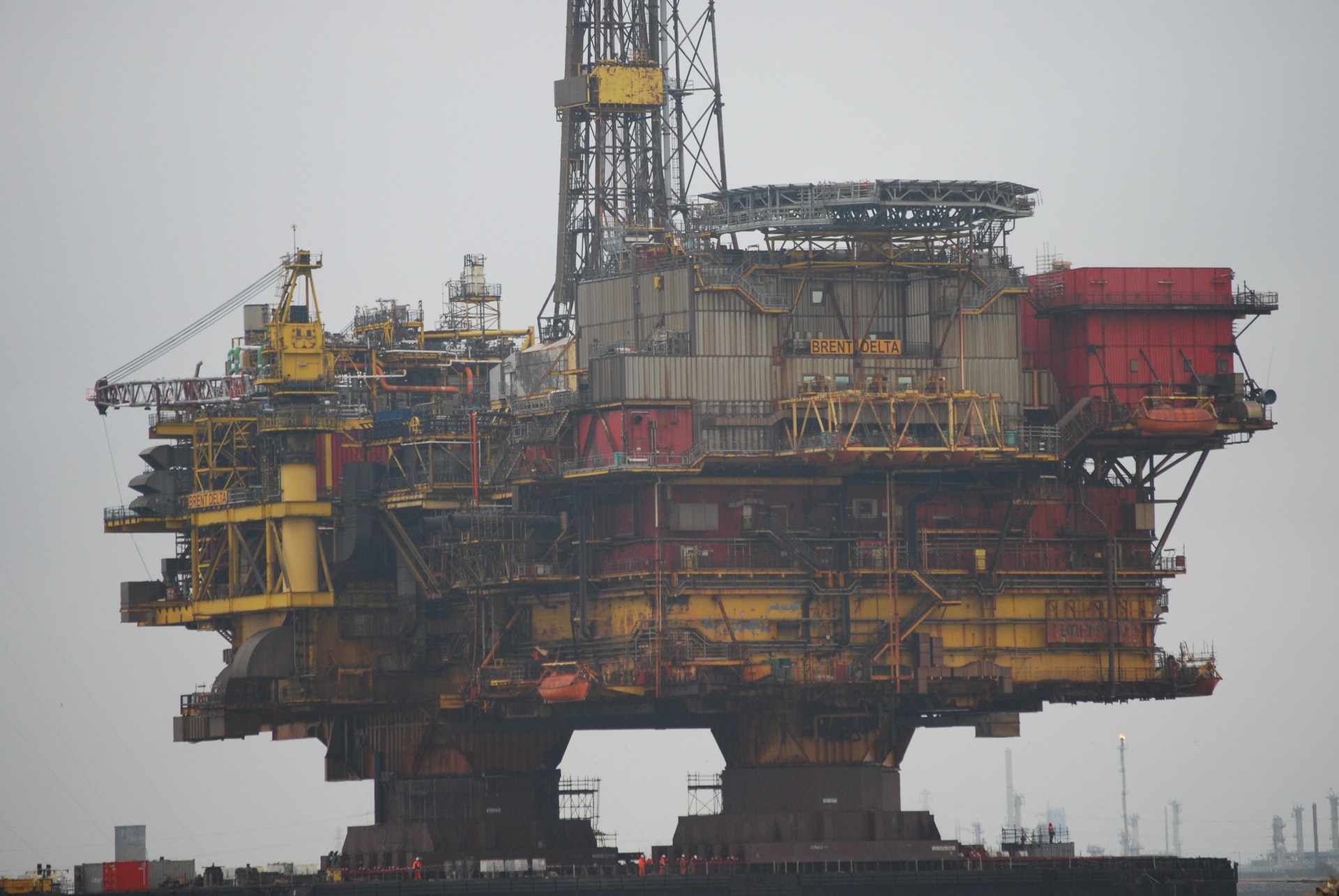Pandemic: Possible Long-Term Repercussions
The pandemic threatens to delay a full rebound and slow economic recovery in world energy demand to 2025. This is in from the International Energy Agency.
A vaccine and therapeutics could possibly mean the global economy rebounds in 2021. Moreover, the energy demand recovers by 2023. The IEA advises Western governments on energy policy. It was stated in its annual World Energy Outlook.
Pandemic Has Delayed Recovery Situation
If there is a “delayed recovery scenario” situation, the timeline is pushed back two years, the report stated.
There could be a deeper near-term slump erodes the growth potential of the economy. The high unemployment does wear away human capital. Therefore, bankruptcies and structural economic changes mean that physical assets become unproductive as well. The IEA predicts all of the above scenarios.
The global energy demand could fall by 5% in 2020. CO2 emissions related to energy by 7%. The energy investment by 18%.
Therefore, the demand for oil is set to fall by 8%. The coal use fall by 7% while renewables will see a slight rise.
Pandemic To Spur, Accelerate, or Setback to Governments
It is too soon to say whether the pandemic has acted as a spur to accelerate or as a setback to governments. As well as the energy industry as they seek to make the industry be more sustainable, according to the energy watchdog IEA.
“We are far from reaching our climate goals with the existing policies around the world,” said IEA chief Fatih Birol. She told Reuters that policymakers were lagging behind.
Global Oil Demand Growth Could End
“The era of global oil demand growth will come to an end within the next 10 years. I don’t see a clear sign of a peak. This would be in the absence of a larger shift in government policies. Therefore, a global economic rebound would soon bring oil demand back to pre-crisis levels,” Birol said in an interview.
But in the absence of a large shift in government policies, I don’t see a clear sign of a peak. A global economic rebound would soon bring oil demand back to pre-crisis levels,” she said in an interview.
There is uncertainty about the future demand and the oil price plunge in 2020. Therefore, that would mean that oil producers are unsure how to gauge the investment decisions. This would lead to a mismatch in supply and demand. As a result, stoking the future market volatility, the IEA warned.
The IEA predicts “upstream investment picks up from the low point in 2020. With an underpinned by a rise in the oil price to $75 a barrel by 2030. However, it is not clear whether this investment will come in time. And if it does come, where it will come from.”

 With Us"
With Us"



